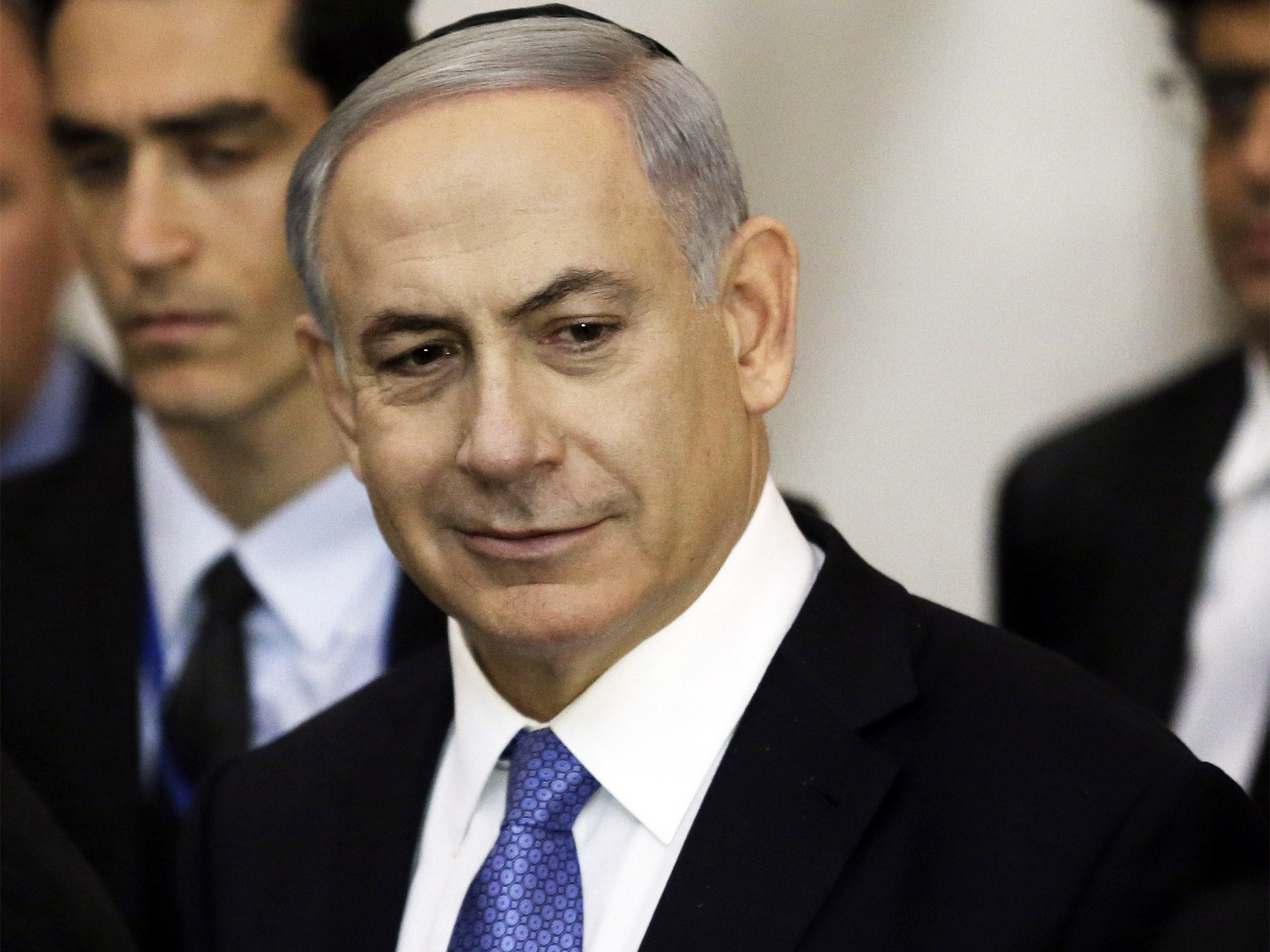Netanyahu's re-election cannot be allowed to derail nuclear talks with Iran
There is reason to hope it may have the opposite effect

This week's bloody attack on tourists in a Tunis museum, coming on the same day the Israeli election results threw up profound new challenges, highlights the immediacy of the choices to be made to help stop the relentless cycle of violence and conflict across the Middle East.
In Libya, Syria, Iraq, Gaza and Iran, as well as Tunisia, conflicts of different types persist and are intensifying. Infected by the deathly growth of Isis or Da'esh, this is conflict which may be arising within states rather than between them, but which has a heightened propensity to cross international borders including our own.
For Europe there can be no alternative to putting more energy in to conflict prevention and peace-building.
But for those of us who argue that the failure to resolve the Israel-Palestine dispute precedes and underlies much of the rest of the conflict throughout the region, this week has presented a dramatic new challenge.
Last-minute pandering to right-wing voters by the now re-elected Benjamin Netanyahu culminating in a pledge to oppose the formation of a Palestinian state, is not just a challenge to the peace process but one to the whole of the international community. It is a betrayal of the principles on which Israel itself was created.
The whole premise for European and global diplomacy is based on a two state solution and support for the Arab Peace Plan.
Given the level of Israeli settlement-building, already the question had begun to be seriously debated in Europe on the continuing viability of the two state-solution. Personally I continue to see no alternative which is itself viable, either for Palestinians or Israelis.
We have seen a push for official recognition of the Palestinian state, a move supported in both British and European Parliaments and in several others across the European Union.
And when the Israeli Prime Minister used to say he wants a “partner for peace”, I see no other partner than the Palestinian Authority, as it is today, and might be tomorrow.
It is now Netanyahu who has a clear choice: he can lead Israel down a path towards a secure, democratic state living side by side with its Palestinian partners or down a road to ruin of more settlements and of siege.
The depressing truth is that the target of Netanyahu's controversial address to the U.S. Congress - to use opposition to a nuclear deal with Iran to garner domestic votes - may have paid off for him in the short-term.
But if the aim was to genuinely hold back progress with a country Europe and the United States are jointly trying to constrain from nuclear proliferation, precisely because of its threat for Israel as well as others in the region, then the long-term impact may be the opposite.
American colleagues are adamant that President Obama is absolutely determined to face down Republican opposition to a nuclear deal.
There is also a second-term president precedent, in that all past steps forward from the White House on the Middle East have been achieved by presidents free from the need to seek re-election.
Put that together with an open declaration from the impressive new EU High Representative Federica Mogherini of a more activist European stance for the region, combined with the skilful European-led negotiating on the Iran dossier, which may indeed secure a genuinely successful outcome.
While the Israeli elections will have disappointed many who hope for a more progressive attitude from Tel Aviv, there could be a new international climate which may still restart genuine moves towards Middle East peace.
Region-wide, peace is currently poisoned by religious sectarianism, which it is certainly impossible to solve without the inclusion of Iran.
I cannot tell you how many discussions I have been in that concern the potential for reform contained in Iran's educated middle class, and the counter-arguments always waged that this can ever be realised. A nuclear deal represents only one of the challenges, but its failure would close the door on all and any of the others.
Richard Howitt MEP is Chair of the European Parliament's Middle East and North Africa Working Group and Labour Member of the European Parliament for the East of England

Join our commenting forum
Join thought-provoking conversations, follow other Independent readers and see their replies